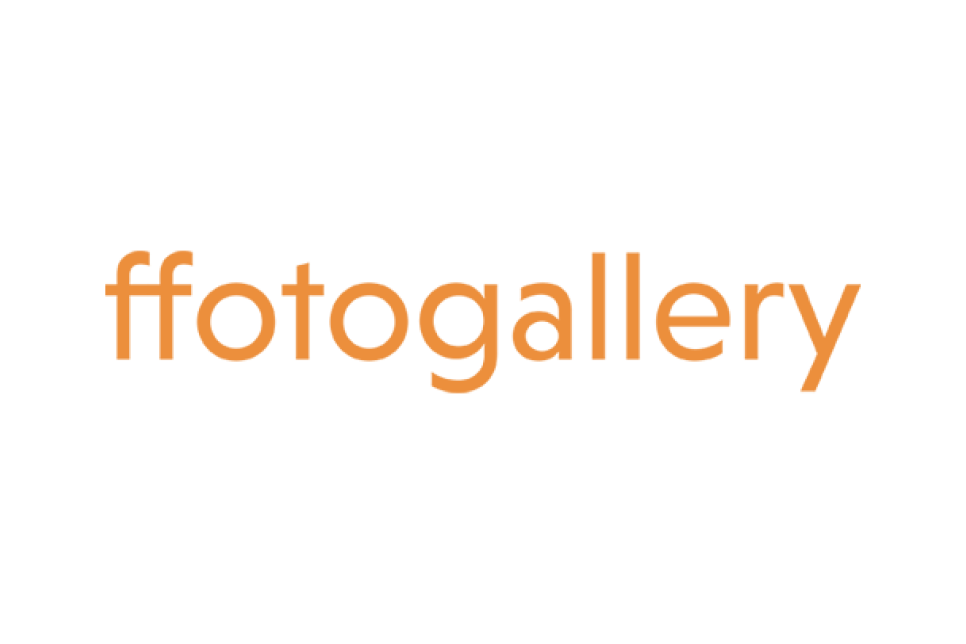Photography has the power to affect and reflect social change. We’re thrilled to announce our 2025 season of exhibitions at Ffotogallery that embrace the power of visual storytelling to address the challenges of our time. All delivered in partnership with incredible colleagues across Wales, and the UK.
https://www.ffotogallery.org/whats-on
Audrey Albert: Belongers
7 February - 10 May 2025
An IWM 14-18 NOW Legacy Fund commission in partnership with Ffotogallery. With contributions from Chrisyl Wong-Hang-Sun, Shane Ah-Siong, Ellianne Baptiste & Charlie Bird.
In a celebration of the multiplicity of Chagossian identities, the first UK solo show by Manchester-based Mauritian-Chagossian artist, Audrey Albert, and a team of close-knit collaborators, Belongers brings visibility to the Chagossian community at a time of instrumentalisation of the Chagos Islands and people by domestic and international military and political forces.
Belongers looks at how Chagossians represent themselves, how they reclaim and live their identities in countries that have never quite been “home”; developed as part of the IWM 14-18 Legacy Commissions, portraiture, documentary, moving-image, cyanotypes, and a Chagossian Kaz have been developed over the last two years. Mauritius, Wythenshawe, Crawley, and archival glimpses into the Chagos Islands centre the diasporic nation that since 1960s & 1970s have been denied a right to return.
Ffocws
30 May - 12 July 2025
Preview: Thursday 29 May, from 6-8pm, all welcome.
Ffocws is part of Ffotogallery’s mission to support early-career visual artists in Wales, for those who have been through formal education, and those who have had other paths into photography. For this year, Ffocws 2024 is generously supported by the Oakdale Trust and the Darkley Trust, with the next three editions of Ffocws generously supported by the Ashley Family Foundation.
The artists confirmed as taking part in Ffocws 2024 are:
Liam Anthony (@lstudioa)
Lucy Beckett (@lucybeckettphotography)
Llŷr Evans (@llyr.evans)
Taiye Omokore (@taiye_omokore)
Alina Potapenko (@dancinglikeayoyo)
Madiha Malik (@madihamaliik)
At that critical juncture in their practice, Ffocws will support these six artists to develop their practice through mentoring and presentation of their work in a group show, which will open at 6pm, 29 May 2025 at Ffotogallery.
Artists have been selected following an open call that invited recent graduates and emerging artists who have been through other forms of education, as well as nominations from various course leaders in Photography across Wales.
Aïda Muluneh - Nationhood: Memory and Hope
26 July - 4 September 2025
Preview: Saturday 26 July, times tbc, all welcome.
The centrepiece of Nationhood: Memory and Hope is The Necessity of Seeing, a major new collection of constructed images by Ethiopian photographer Aïda Muluneh. Shot through her surrealist lens at iconic locations in Bradford, Belfast, Cardiff and Glasgow, Muluneh’s new work reveals the overlooked stories, forgotten histories and quiet moments that shape who we are.
Nationhood: Memory and Hope also showcases striking new portraits by seven rising stars in UK photography: Shaun Connell and Roz Doherty from Bradford; Chad Alexander from Belfast; Robin Chaddah-Duke and Grace Springer from Cardiff; and Miriam Ali and Haneen Hadiy from Glasgow. Nationhood: Memory and Hope opens at Impressions Gallery in January to celebrate the opening week of Bradford2025 before travelling to Belfast Exposed, Ffotogallery and Street Level Photoworks in Glasgow – making this the first ever UK City of Culture project to take place in all four nations of the UK.
After the End of History: British Working Class Photography 1989 – 2024.
October - December 2025
Preview: tbc
This Hayward Gallery touring exhibition, curated by Johny Pitts, emphasises the perspectives of practitioners who turn their gaze towards both their communities and outwards to the wider world. The result is a breadth of photographic work that not only celebrates contemporary working class life, championing its diversity and beauty, but also challenges perceptions of it, whilst offering a counterintuitive picture of our broader landscape.
Prior to the wall’s fall the 1980s had seen a significant counter cultural movement, a politically engaged generation of working class artists often powered by the alternative ideologies embodied by communism. But what became of working class culture after the ‘end of history’? What next for the working class creative? What are the images that embody working class life of the last 35 years?

